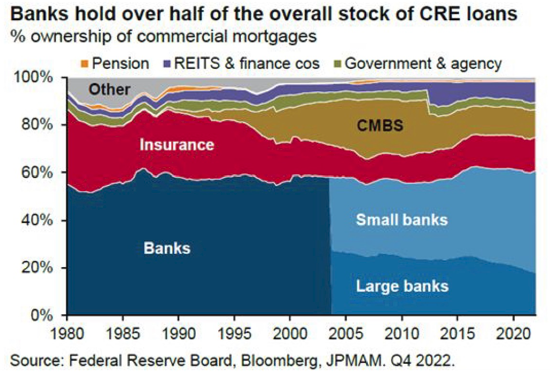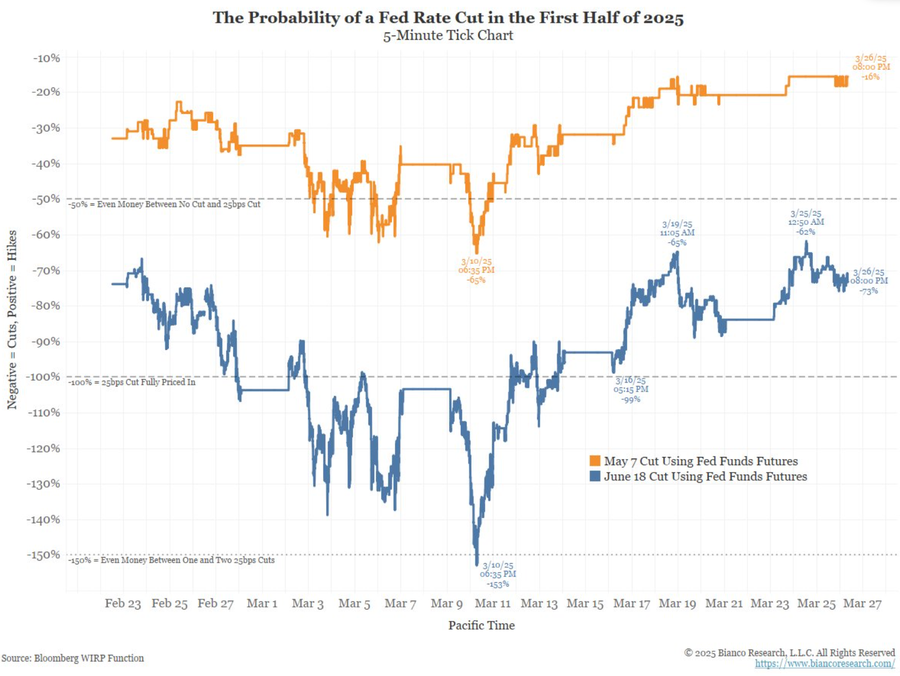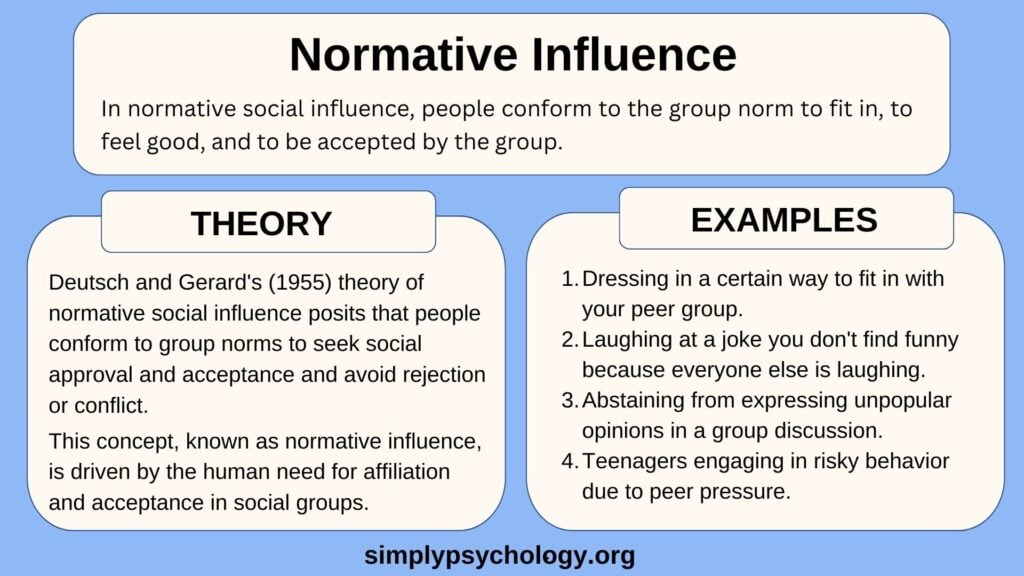
Entrepreneurialism: Transforming Work and Economy Today
Entrepreneurialism has emerged as a driving force in today’s evolving work and economy, reshaping how individuals navigate their careers and pursue success. As traditional job structures continue to change, a new self-employment culture is blossoming, allowing people to embrace the freelance lifestyle and make their own job opportunities. Recent entrepreneurship trends indicate that a diverse array of professions—from ride-share drivers to influencers—are embracing this shift, embodying entrepreneurialism in their daily lives. This approach not only fosters creativity and innovation but also reflects a growing dissatisfaction with conventional employment models. In a world where economic stability can seem elusive, the entrepreneurial spirit offers a beacon of hope and an avenue for personal fulfillment.
The rise of entrepreneurial culture marks a significant transformation in contemporary work dynamics, where the concept of self-starters and independent workers flourishes. Individuals are increasingly taking the initiative to create their own professional paths, stepping away from traditional employment roles to pursue self-employment or freelance opportunities. This shift highlights a broader societal embrace of independence, enabling many to carve out fulfilling careers based on their unique skills and passions. As the landscape of employment continues to evolve, the push toward self-reliance and innovative thinking fosters a culture that celebrates entrepreneurship not just as a profession, but as a comprehensive life philosophy. Through initiatives that encourage personal development and job creation, we witness a resurgence in the spirit of entrepreneurship across various sectors.
The Rise of Entrepreneurialism and Its Impact on Work Culture
In contemporary society, the rise of entrepreneurialism has significantly reshaped work culture, encouraging individuals to embrace their unique talents by creating jobs for themselves. This shift reflects broader trends in entrepreneurship, where people no longer view a traditional job as the only path to success. Instead, the self-employment culture burgeons, with many opting for freelance lifestyles that emphasize flexibility and independence. The emergence of platforms that support gig work has made this approach increasingly accessible, allowing anyone with a skill to monetize their talents without the constraints of traditional employment.
The impact of this entrepreneurial ethos is evident across various sectors. From the tech-savvy freelancer coding apps at home to the creative influencer on social media sharing their unique vision, the boundaries of what constitutes a job are expanding. This evolution parallels a significant shift in the work and economy dynamic, wherein individuals are encouraged to innovate, pivot, and adapt to the fast-changing marketplace. As Erik Baker highlights in “Make Your Own Job,” such a mindset may alleviate some concerns about job security but also raises a level of perpetual anxiety about performance and sustainability in the freelance sphere.
Adapting to Economic Pressures: Entrepreneurialism as a Response
Historically, the evolution of entrepreneurialism can be traced back to significant economic shifts that demanded resilience from the workforce. During periods, such as the Great Depression, the traditional job landscape was irrevocably altered, necessitating individuals to adopt a more entrepreneurial attitude to survive. Baker discusses how people at that time engaged in ‘odd jobs’ not merely as a means to earn income but as a preferred method of establishing autonomy and control over their professional lives. This trend reflected a broader cultural shift toward valuing self-initiated employment as a viable solution to economic distress.
Today, the concept of entrepreneurialism endures as workers adapt to similar economic pressures, such as technological disruptions and the ever-increasing gig economy. As industries transform and traditional job security wanes, individuals are compelled to seek out unconventional income sources, often leading them to create their own job opportunities. As the freelance lifestyle continues to gain traction, savvy entrepreneurs are capitalizing on niche markets and utilizing digital platforms to market their services. This adaptation not only prolongs their economic viability but also fosters a dynamic that encourages innovation and traditional employment paradigms’ re-examination.
Navigating the Emotional Landscape of Entrepreneurship
Despite the benefits associated with entrepreneurialism, there exists an emotional toll that individuals must navigate. Baker elucidates how the glorification of self-employment and the freelance lifestyle often comes hand-in-hand with heightened stress and anxiety. The constant pressure to innovate, deliver results, and secure projects can lead to a state of burnout. Many entrepreneurs experience the dichotomy of freedom and uncertainty; while they enjoy the autonomy of making their own schedule, they also grapple with the fear of failure, which can overshadow their achievements.
Moreover, the emotional literature surrounding entrepreneurship often emphasizes the need for resilience and adaptability in the face of adversity. Many self-employed individuals find themselves caught in a cycle of high achievement and intense pressure, influencing their mental health and work-life balance. Baker’s insights encourage a discussion around the importance of support systems for entrepreneurs, advocating for a culture that recognizes the vulnerabilities faced by individuals delving into self-employment. Addressing these issues is paramount in fostering a healthier relationship between entrepreneurship and personal well-being.
The Variety of Self-Employment: Exploring Diverse Paths
The landscape of self-employment is neither monolithic nor stagnant; it is characterized by an ever-expanding array of paths that individuals can take to establish themselves as entrepreneurs. From solopreneurs managing their personal brands to multipreneurs overseeing several business models simultaneously, the definitions of entrepreneurship are increasingly diverse. Many people are now using their unique skills and perspectives to carve out niche markets within both traditional and digital realms.
This diversity in self-employment also enables individuals from varying backgrounds to resonate with entrepreneurialism, bridging gaps in traditional economic avenues. As Baker points out, the increasing visibility of successful entrepreneurs also serves to inspire others, showing that the path to entrepreneurship can be pursued regardless of previous limitations, such as age or industry of origin. This democratization of entrepreneurial opportunities signifies a shift toward a more inclusive economy where anyone with a vision can make their own job and find success.
Entrepreneurial Spirit in the Context of Modern Work
In recent years, the entrepreneurial spirit has gained traction, not just among startups but also within established organizations. The emergence of intrapreneurship — a model where employees act like entrepreneurs within a company — reinforces the value placed on innovation and personal initiative. By fostering an environment that celebrates an entrepreneurial mindset, companies can enhance job satisfaction and boost creativity among their teams. This cultural shift highlights the influence of entrepreneurial thinking on corporate practices and individual career paths.
As companies look to remain competitive in a rapidly changing marketplace, encouraging this entrepreneurial mindset has become essential. Organizations increasingly recognize that employees who feel empowered to explore new ideas and drive initiatives are likely to produce better outcomes. This understanding creates a dual benefit: it allows companies to capitalize on innovative thinking while also fostering a work culture that aligns with modern self-employment trends, fulfilling many individuals’ desires to feel more connected to their work and achieve personal growth in their careers.
The Future of Work: Entrepreneurialism and Technological Advancements
The intersection of entrepreneurialism and technological advancements is shaping the future of work remarkably. As automation and artificial intelligence integrate more deeply into everyday tasks, individuals are turning towards entrepreneurship as a means to remain relevant in a fast-evolving job market. The rapid advancements in technology not only create new avenues for self-employment but also challenge traditional employment structures, prompting more individuals to consider how they can leverage technology to enhance their entrepreneurial pursuits.
Moreover, tech-driven platforms provide unprecedented opportunities for entrepreneurs to reach global markets and connect with clients directly. E-commerce has increasingly become a go-to avenue for entrepreneurs to establish their businesses online, further democratizing access to entrepreneurship. As Baker highlights, this technological shift is both empowering and daunting for today’s workforce, resulting in a landscape where adaptability and continuous learning become fundamental for individuals embarking on their entrepreneurial journeys.
Building a Sustainable Entrepreneurial Mindset
Developing a sustainable entrepreneurial mindset is crucial for long-term success in self-employment. This mindset includes embracing resilience in the face of challenges and viewing setbacks as opportunities for growth. It requires individuals to maintain a balance between ambition and self-care, allowing them to pursue their entrepreneurial goals without succumbing to burnout. As highlighted throughout Baker’s work, maintaining this delicate balance enables individuals to thrive in their chosen paths while mitigating the stress often associated with entrepreneurship.
Additionally, networking and community support can play a pivotal role in fostering sustainable entrepreneurial practices. Engaging with like-minded individuals and sharing experiences can provide not only practical advice but also emotional encouragement. Baker’s insights suggest that those venturing into self-employment should actively seek constructive relationships that nurture their growth. By working collaboratively with others, entrepreneurs can create a supportive ecosystem where creativity flourishes, ultimately leading to innovative outcomes.
The Role of Education in Fostering Entrepreneurship
Education can significantly influence the cultivation of entrepreneurial skills and mindsets among individuals. According to Baker, integrating entrepreneurial thinking into educational frameworks equips students with the tools they need to navigate the complexities of the modern work environment. Institutions that emphasize innovation, problem-solving, and business acumen effectively prepare students for careers where self-employment or flexible entrepreneurial roles become viable options.
Moreover, educational resources aimed at aspiring entrepreneurs contribute to a more informed and capable workforce. Programs focused on teaching practical skills, such as financial literacy and marketing strategies, can empower individuals to pursue their entrepreneurial passions more confidently. By providing a foundation in entrepreneurship within educational settings, the next generation of workers can emerge ready to tackle economic challenges with innovative solutions and a strong sense of agency.
The Influence of Society on Entrepreneurial Aspirations
The societal narrative surrounding entrepreneurship plays a critical role in shaping individuals’ aspirations toward self-employment. Cultural influences, ranging from popular success stories to media portrayals of entrepreneurs, often fuel a belief that success is achievable for anyone willing to take risks. This social validation encourages many to pursue their entrepreneurial dreams, fostering a culture that continually promotes self-employment as a desirable path.
However, there is a duality to this narrative, as societal influences can also feed into fear of failure. The pressure to succeed in an entrepreneurial venture can be overwhelming, particularly when comparing oneself to the high-profile success stories often portrayed in media. Baker’s work reveals the essentiality of understanding the full scope of entrepreneurship, including its challenges, to build realistic expectations and motivations for aspiring individuals. Amidst the glamorization of entrepreneurship, creating a balanced perspective can empower individuals to embark on their journeys with clarity and resilience.
Frequently Asked Questions
What are the main entrepreneurialism trends shaping the self-employment culture today?
Current entrepreneurialism trends enhancing self-employment culture include the rise of freelance work, remote entrepreneurship, and the gig economy. These trends allow individuals to leverage technology to create personal brands and offer specialized services while enjoying the flexibility of ‘making their own job’.
How has entrepreneurialism influenced the modern work and economy landscape?
Entrepreneurialism has transformed the work and economy landscape by fostering innovation and flexibility. It encourages individuals to pursue self-employment opportunities and adopt a proactive approach to career development, leading to a more dynamic job market where traditional employment structures are increasingly supplemented by freelance and gig roles.
What does ‘make your own job’ mean in the context of entrepreneurialism?
‘Make your own job’ refers to the entrepreneurial mindset where individuals create their own employment opportunities rather than relying on traditional job markets. This concept is central to entrepreneurialism, emphasizing personal initiative and the development of unique business ideas that cater to emerging demands.
What role does the freelance lifestyle play in today’s entrepreneurialism?
The freelance lifestyle is integral to contemporary entrepreneurialism, offering individuals the freedom to work on projects that align with their passions and skills. It exemplifies self-employment culture by allowing people to set their own schedules, choose clients, and diversify their income streams in a way that traditional employment often does not.
How can one succeed in entrepreneurialism amidst fluctuating economy trends?
To succeed in entrepreneurialism amid fluctuating economy trends, individuals should stay adaptable and continuously innovate. This means identifying emerging market needs, networking with other entrepreneurs, and leveraging digital platforms for marketing and service delivery, thus ensuring they remain relevant in a rapidly changing economic landscape.
| Key Points | Details |
|---|---|
| Rise of Entrepreneurialism | Entrepreneurialism is becoming increasingly popular in America, reflecting a fundamental change in how work is perceived. |
| Shift in Employment Models | From an industrious work ethic to one that values individual skills and ambition. |
| Historical Background | The roots of entrepreneurialism trace back to the end of the 19th century and were influenced by structural unemployment. |
| Impact of Economic Stress | Entrepreneurialism often flourishes during economic downturns, encouraging innovation and self-employment. |
| Cultural Influence | Figures like Napoleon Hill and Abraham Maslow popularized the idea of turning work into a calling. |
| Current Trends | Today, many individuals see themselves in entrepreneurial roles, often embracing risk as a part of their careers. |
Summary
Entrepreneurialism is reshaping the workforce as more individuals now view themselves as entrepreneurs, embracing innovation and risk in their career paths. The historical perspective on entrepreneurialism illustrates its values rooted in resilience and adaptation during economic upheaval, emphasizing the need for individuals to continuously evolve in response to market demands. The ongoing enthusiasm for entrepreneurialism reflects a cultural shift that celebrates personal initiative and creative problem-solving, encouraging people from diverse backgrounds to pursue their passions while navigating the complexities of modern work.




